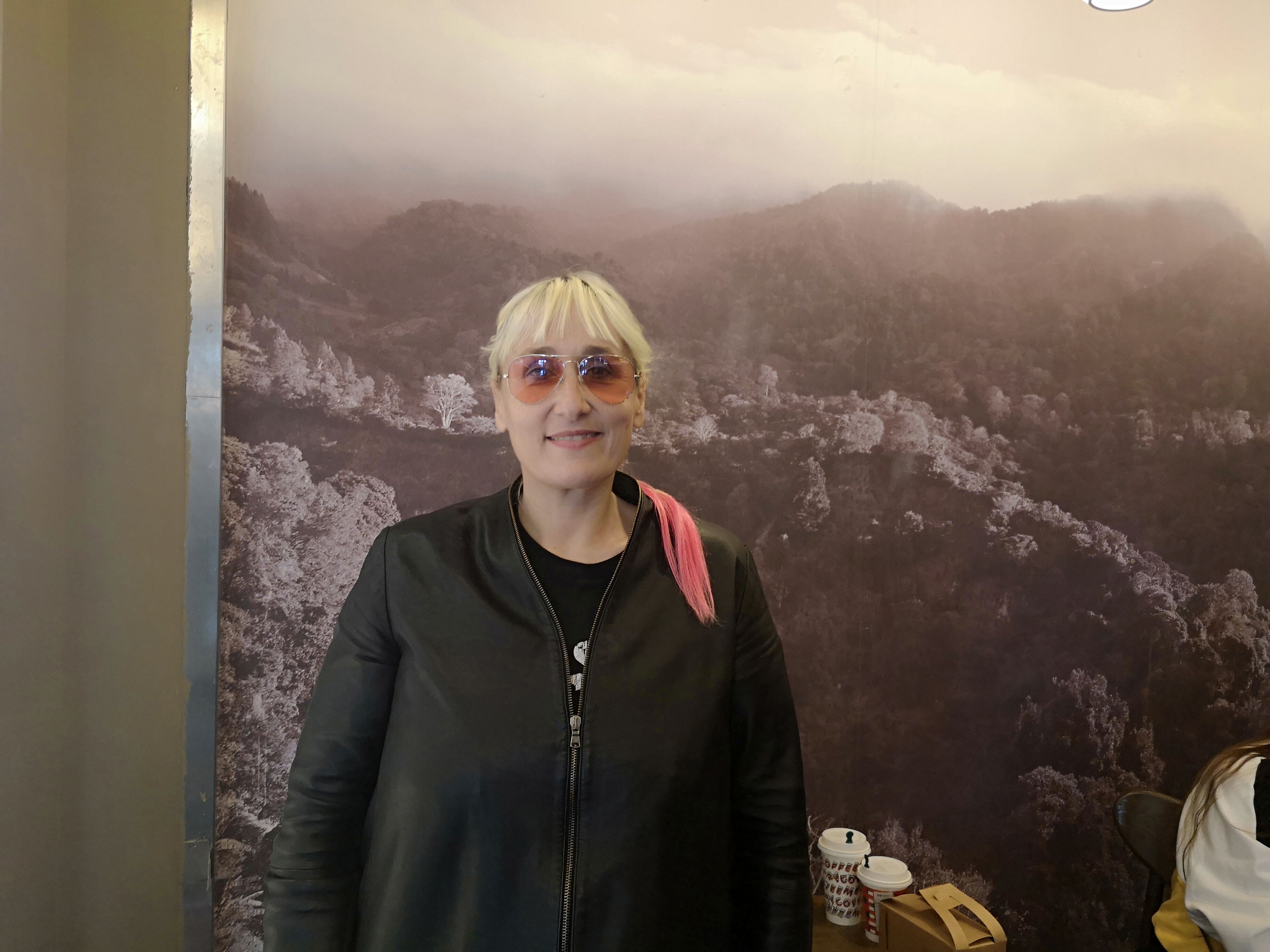Songwriter sings to liberate herself
Writer: Kang Wei | Editor: Vincent Lin | From: Shenzhen Daily | Updated: 2020-06-22
When people are overwhelmed by profound feelings of sadness or depression, different people resort to different ways to let off steam or to seek comfort.
For Shenzhen-based Italian singer-songwriter Alessia Raisi (her Chinese name is 惜娅), the best way to get over the blues is to write a song and sing it out loud.

Alessia Raisi
“Well... mmh... when you have pain inside for any kind of reason or simply when you want to express your happiness... a song usually helps me.
“I always thought that music is the strongest medicine in the world that can fulfill empty spaces with love, with peace and it is giving you the energy every day.”
“My voice is my main musical instrument,” Raisi said. “It helps convey my different emotions and things that come from inside of me.”
The Italian said that there are images, animals, scenes and people in front of her when she works on her songs.
Every song has its own story. Some songs may take up to several weeks to finish and others may be born in less than an hour.
Raisi showed her talent toward music when she was just 6 years old.
The first time she saw a piano in a store’s window, she left the hand of her father and went inside the shop and she didn’t want to move from the big piano for hours.
In her school life, she was always the one performing songs in front of the class during school events.
In 1998 when she was still a college student, Raisi won the New Artist Award at the famous Italian Castrocaro Music Festival singing “Nobody’s Wife” of Anouk and “Memory” from the famous musical “Cats.”
In the same year, she produced her first album: Alessia Raisi.
In 2010, Raisi’s job, part of an Italian logistics company, transferred her to Shanghai to manage top-quality Italian products for companies like Ferrari, Lamborghini, Maserati and Ducati.
She rocked her life in the international business circuits during the day while at night and during the weekends she performed singing and playing.
Four years later, she gave up her job, came to settle in Shenzhen and registered a company to focus on singing, composing, writing lyrics and performing.
By that time, she had already fallen in love with Chinese songs and developed a new style of singing, which combines Chinese with different languages — Raisi can sing in eight.
She said she enjoys adapting Chinese songs and singing in the Chinese language. “I love to spread Chinese music to the whole world by adapting popular Chinese songs into other languages,” she said. “China has a lot of beautiful songs. Why do we keep these songs and this music only inside China?
“I love singing Chinese songs because I like the different sound of Chinese language in my mouth, in my nose and in my face... I have strong emotions inside of me when I sing certain songs.”
She admits it is not always easy to “translate” culture and sometimes she has to try to “find the same way to say the same terminology.”
Raisi’s hard work eventually paid off and she has become increasingly occupied with invitations to inauguration ceremonies, new product release events, chambers of commerce gala dinners, embassies, consulates, expos and art festivals, among others.